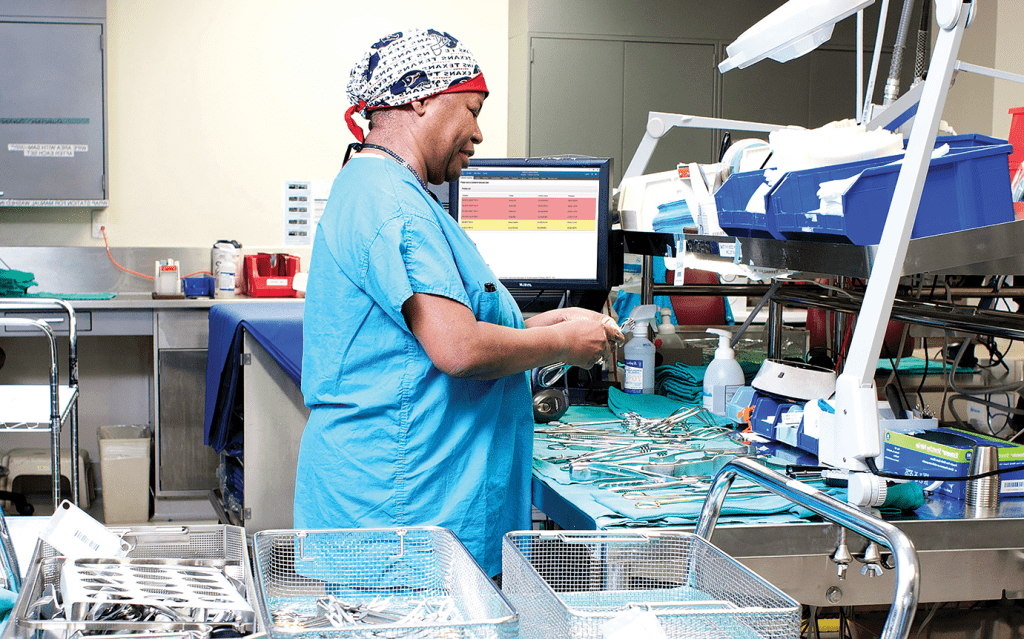Are you thinking of purchasing an instrument tracking software this year? If so, great! Now’s a great time to make the transition and begin moving your team to an automated system that will save you time, energy, and money. While there are several options in the marketplace for you to choose from, not all are created equal. When it comes to purchasing an instrument tracking software, you have to weigh the pros and cons of each, the same as you do for any other purchase.
To help make the process as smooth as possible for you, we’ve put together a list of questions that you should ask before you commit to any given solution. Remember, you’re making an investment, and your questions aren’t a nuisance—they’re expected and welcomed. Even if you’re just thinking about transitioning from one platform to another and aren’t new to automated instrument tracking, you can still use these questions to guide your search and ensure that you end up with a platform that works well for your facility, your patients and your specific needs.
Questions to Ask Before Purchasing Instrument Tracking Software
1. What configurations does it offer?
Every facility is different and has varying needs. As such, you need to be able to make the solution you choose work flawlessly for your facility. So, make sure you ask how the software can be customized to your needs.
2. What can integrate with it?
A software that stands on its own is great, but it could be even better if it integrates with some other key software products like an OR scheduler. Ask what the solution can integrate with AND make sure to ask how those integrations work. You want a solid, dependable integration that delivers the information your teams need in real-time.
3. What does implementation look like?
If you’re making the switch to an automated instrument tracking software for the first time, an implementation might take a while. Make sure you ask what their process looks like and what kind of support they provide along the way. Do they have experts who come and work on-site to help you transition? If so, ask how long they will be available and what the deliverables are that you can expect from that process. Also, make sure to ask what you can expect if bottlenecks happen along the way that slow implementation progress. You don’t want to invest in a software-only to be stuck without an expert to help guide and train you and your team.
4. What kind of long-term support does it come with?
Speaking of support, you also want to make sure that you get access to long-term support. If you run into a snag or have questions down the road, will someone be available to guide you through that? If so, what is the cost of that support? Also, make sure to get information on what kind of support (and the timeline for that support) you can expect when something goes wrong with the actual software.
5. How much does it cost?
At the end of the day, whatever solution you choose does need to be affordable. And if the solution you love doesn’t fit into your budget, see if there is a way to justify the cost. Does it guarantee a solid ROI? If so, how? Ask for case studies and examples of how other facilities have generated financial improvements with the solution you’re considering. If the evidence doesn’t prove that a good ROI is possible for your facility, then you just might have to go to your second and third options.
Wherever you are in your search for an instrument tracking software, we hope that you find these questions useful and enlightening as you engage with sales representatives from a variety of companies. And, if you’re looking for another solution to consider, we’d love to tell you more about our automated instrument tracking software, CensiTrac. You can learn more about it here and reach out to our sales team to get the conversation started.


